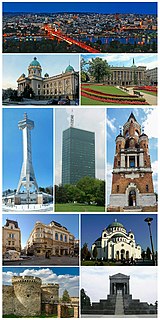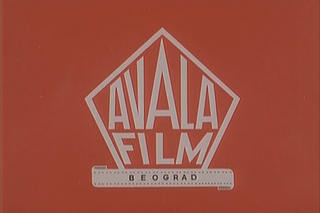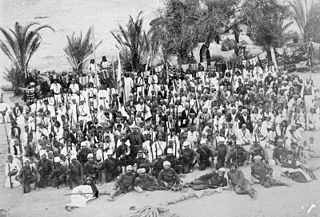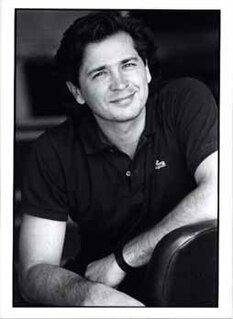The Serbia Film Commission (Srpska filmska asocijacija in Serbian) is a private non-profit association of Serbian film companies and freelancers. In July 2009, 16 prominent film industry representatives established the Serbia Film Commission as an association of companies and freelancers based on best practice models of film commissions around the globe. The Association is governed by the Board of Directors and managed by an Executive Director.

Serbian is the standardized variety of the Serbo-Croatian language mainly used by Serbs. It is the official language of Serbia, the territory of Kosovo, and one of the three official languages of Bosnia and Herzegovina. In addition, it is a recognized minority language in Montenegro where it is spoken by the relative majority of the population, as well as in Croatia, North Macedonia, Romania, Hungary, Slovakia, and the Czech Republic.

A voluntary group or union is a group of individuals who enter into an agreement, usually as volunteers, to form a body to accomplish a purpose. Common examples include trade associations, trade unions, learned societies, professional associations, and environmental groups.
Film commissions are quasi-governmental, non-profit, public organizations that attract motion media production crews to shoot on location in their respective localities, and offer support so that productions can accomplish their work smoothly.
Contents
The Commission's principal aim is to promote Serbia as a film location and support domestic and international film productions by fostering a film friendly environment. Commission members include leading feature film, television, commercials and animation producers. The Serbia Film Commission became a member of the Association of Film Commissioners International (AFCI) [1] in February 2010.
A feature film or theatrical film is a film with a running time long enough to be considered the principal or sole film to fill a program. The term feature film originally referred to the main, full-length film in a cinema program that also included a short film and often a newsreel. The notion of how long a feature film should be has varied according to time and place. According to the Academy of Motion Picture Arts and Sciences, the American Film Institute and the British Film Institute, a feature film runs for at least 45 minutes, while the Screen Actors Guild asserts that a feature's running time is 75 minutes or longer.

Television (TV), sometimes shortened to tele or telly, is a telecommunication medium used for transmitting moving images in monochrome, or in colour, and in two or three dimensions and sound. The term can refer to a television set, a television program, or the medium of television transmission. Television is a mass medium for advertising, entertainment and news.
An animation studio is a company producing animated media. The broadest such companies conceive of products to produce, own the physical equipment for production, employ operators for that equipment, and hold a major stake in the sales or rentals of the media produced. They also own rights over merchandising and creative rights for characters created/held by the company, much like authors holding copyrights. In some early cases, they also held patent rights over methods of animation used in certain studios that were used for boosting productivity. Overall, they are business concerns and can function as such in legal terms.
















